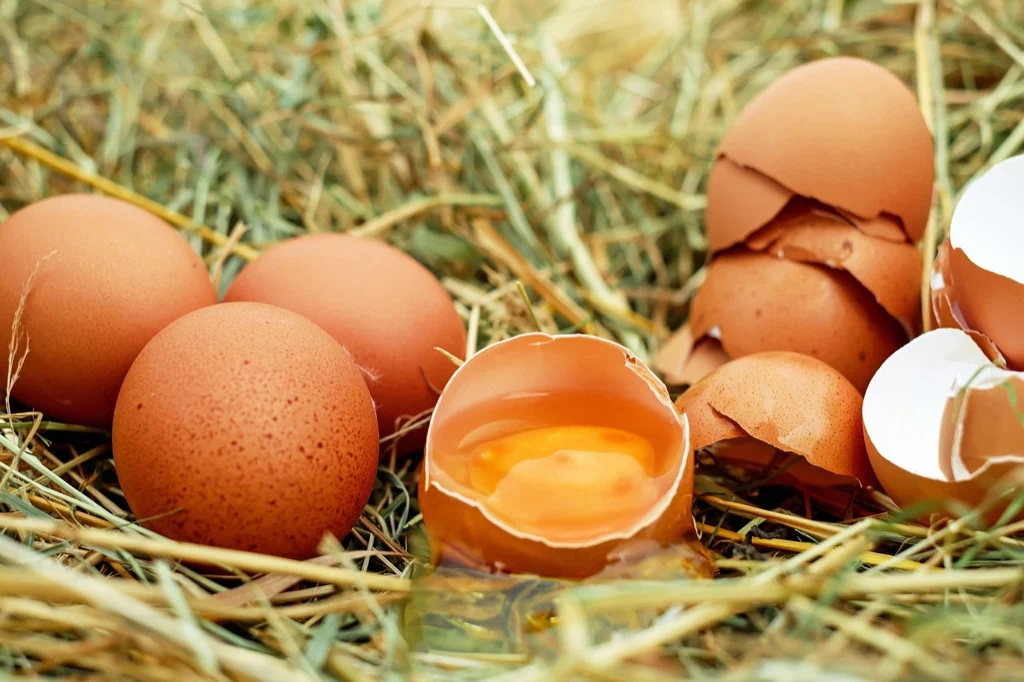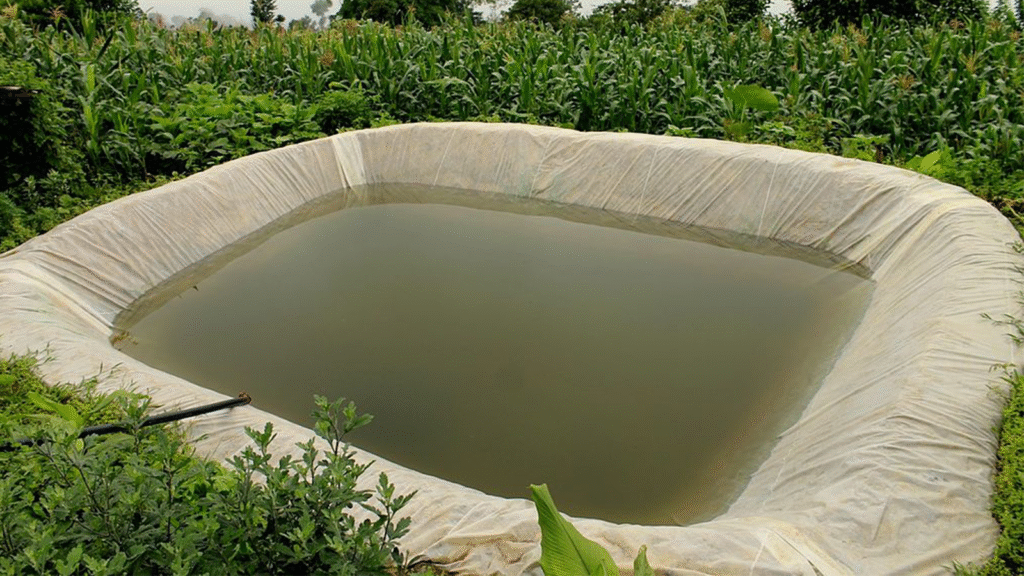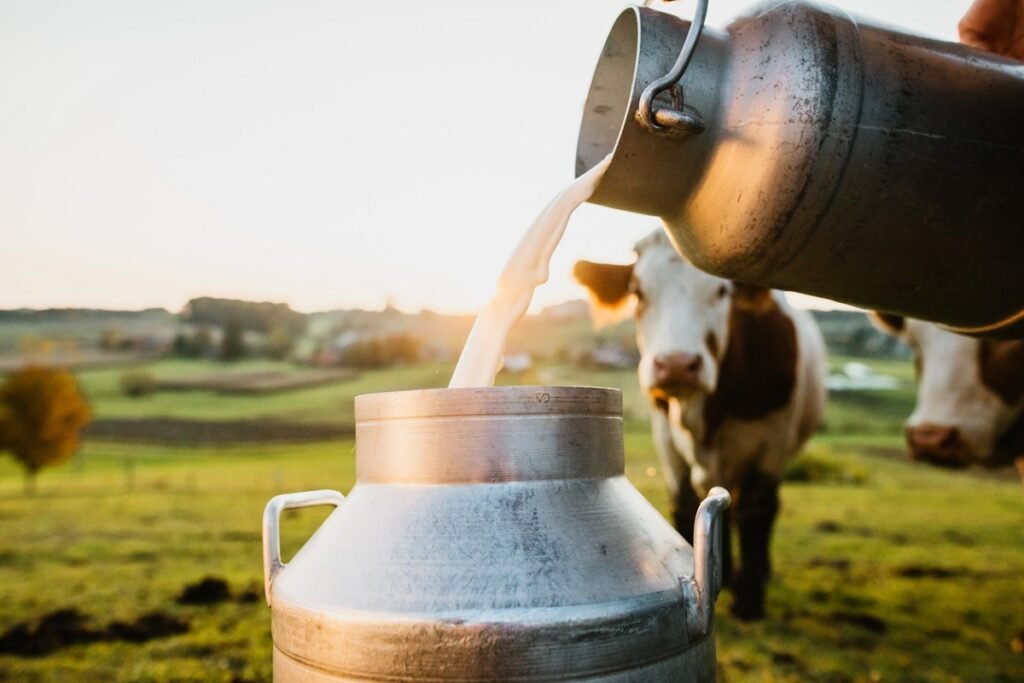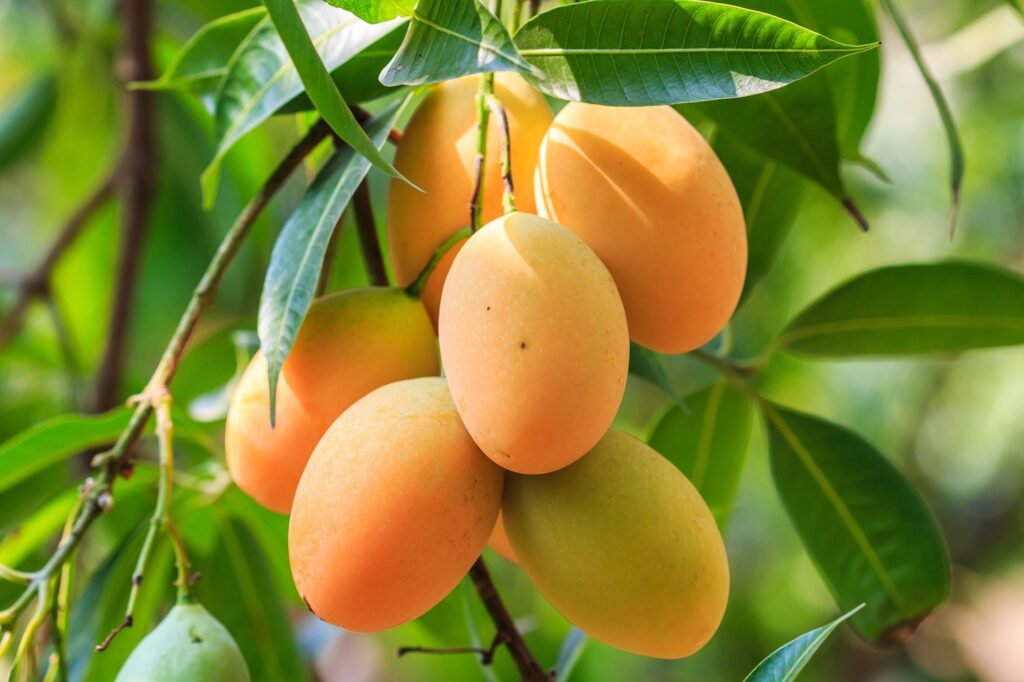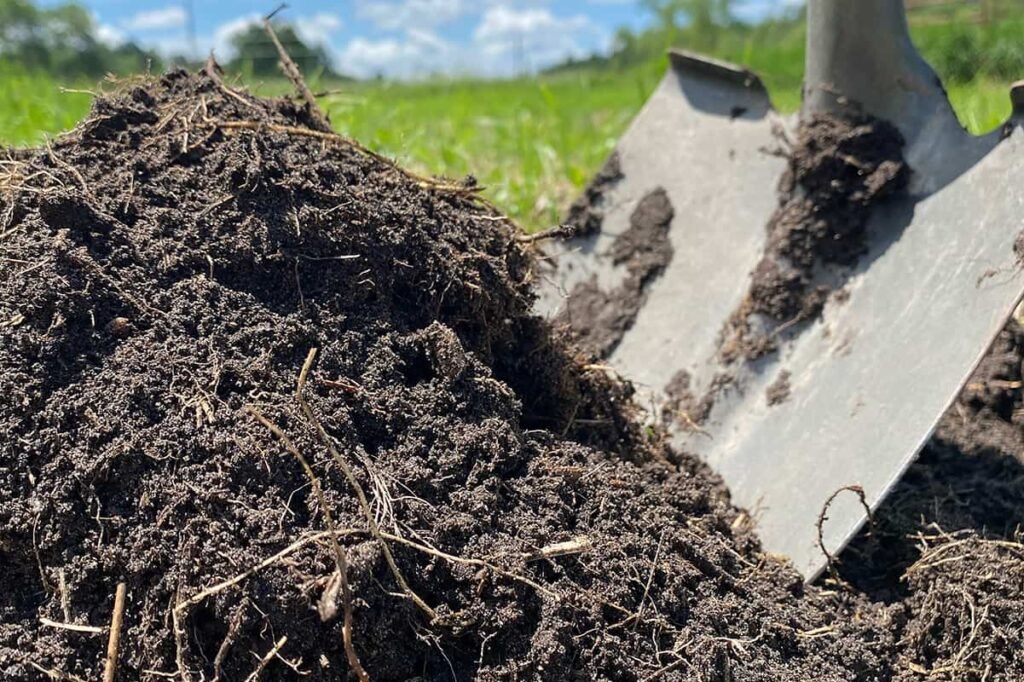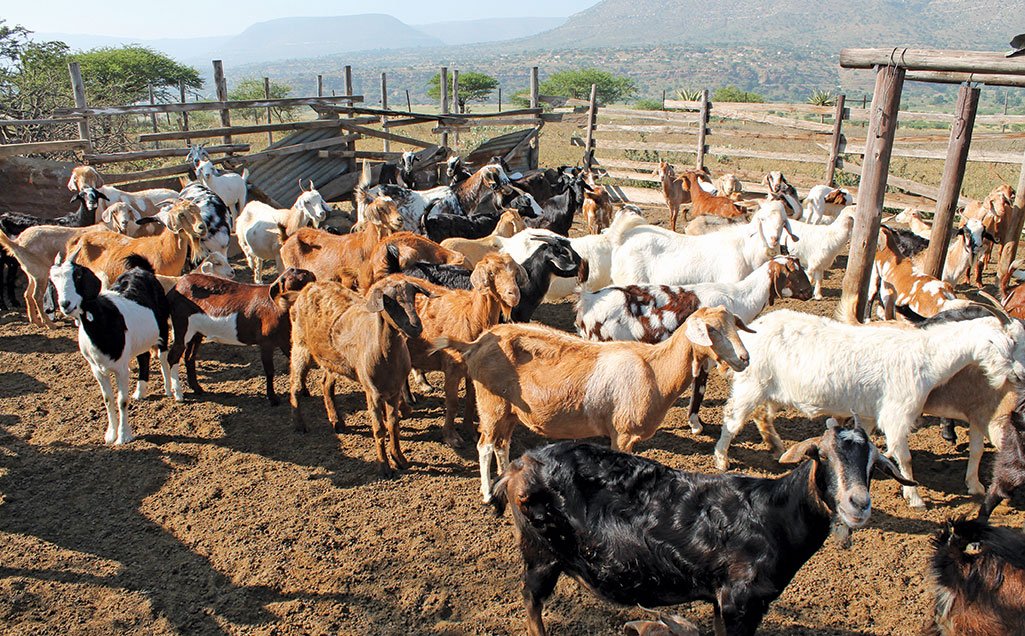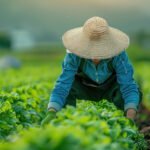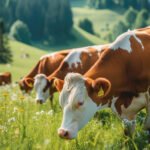Completion Date :
June 30, 2025
Clients :
Restaurants, Hotels, General Public
Location :
Jinja, Namulesa (Uganda)
Category :
Urban Oyester Farming
Incubation at Ibanda Farm
At Ibanda Farm, incubation stands at the heart of our modern poultry operation — combining science, tradition, and a deep understanding of rural livelihoods. In a region where demand for poultry products is steadily rising, the ability to hatch strong, healthy chicks all year round gives us a sustainable advantage — not just for Ibanda, but for smallholder farmers throughout Namulesa and beyond.
Our egg incubation facility helps us overcome seasonal limitations, reduce dependency on broody hens, and ensure a consistent supply of chicks for meat and egg production. More importantly, it empowers us to offer quality, affordable day-old chicks to neighboring communities, helping families kick-start small poultry businesses with confidence.
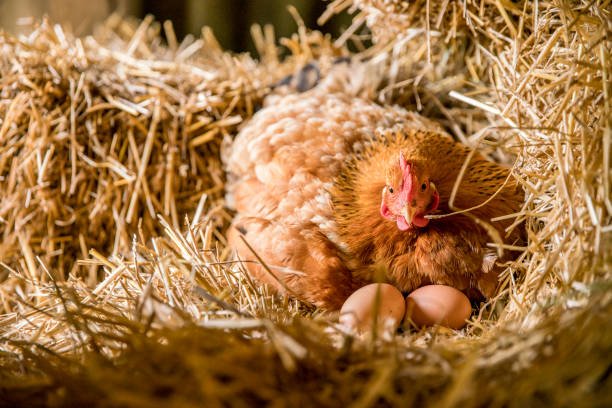
What is Incubation?
Incubation is the artificial process of hatching eggs under controlled environmental conditions. Instead of relying on hens to sit on eggs, we use modern electric incubators to replicate nature’s ideal hatching environment — including steady temperature, humidity, and egg rotation.
This allows us to:
Hatch more eggs efficiently and safely
Reduce risks caused by weather, disease, or predators
Improve hatchability and chick health
Expand our poultry capacity year-round
How We Manage the Incubation Process
The process is both precise and hands-on. Here’s how it works at Ibanda:
Egg Selection & Collection
We choose fertilized eggs from healthy, well-fed parent stock — ensuring they are clean, fresh, and uniform in size. This is the first key to high hatch rates.Setting the Incubator
Eggs are carefully placed into climate-controlled incubators, where conditions like temperature (37.5°C) and humidity (50-55%) are maintained 24/7. The eggs are automatically turned every few hours to mimic natural brooding and prevent embryo sticking.Hatching Phase
After 18 days, eggs are transferred to a specialized hatching chamber. Within days 19 to 21, chicks begin to pip and emerge. The environment remains warm and sterile to ensure safe, clean hatching.Post-Hatch Handling
Once hatched, chicks are sorted, vaccinated (for common diseases like Newcastle), and placed in warm brooders. From here, they’re either raised on the farm or sold to local farmers as day-old chicks.
Why Incubation Matters at Ibanda
Incubation is more than a technical process — it’s a solution to multiple challenges faced by rural poultry keepers:
✅ Reduces delays in chick production due to non-broody hens or poor weather
✅ Supports income generation for farmers who can’t afford full-grown birds
✅ Improves poultry genetics by allowing selection of the best parent stock
✅ Strengthens food security by increasing access to affordable protein
✅ Promotes agribusiness opportunities for youth and women in farming
Local Impact: Building Livelihoods One Chick at a Time
The benefits of incubation go far beyond the boundaries of our farm. We’ve made it part of our mission to train and supply farmers with both chicks and the knowledge to raise them. Through outreach programs, we’ve helped dozens of local farmers — particularly women and youth — get started in poultry farming with minimal capital.
Whether someone wants to rear layers, broilers, or dual-purpose breeds, our hatchery is often their first stop. By offering quality chicks, basic training, and follow-up guidance, Ibanda Farm is building a network of small-scale poultry entrepreneurs — creating jobs, boosting incomes, and strengthening community resilience.
Innovation Meets Tradition
While the technology we use is modern, our approach remains deeply rooted in rural wisdom. We understand the conditions, challenges, and culture of farming in this region, and tailor our incubation services to fit local needs. From selecting hardy breeds to offering locally appropriate feed tips, we blend innovation with local knowledge to deliver lasting results.

